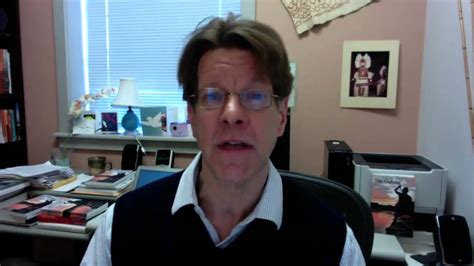
In the broadest sense of the term ‘surprised,’ is this idea of an unknown occurrence, some event that one cannot plan for. To be a cultural anthropologist is to be an observer, not forging events but rather observing them as they occur. It is an important feature for ethnography because it allows the researcher to witness their subject in those most natural setting possible. There is an argument to be made that if there were accurate expectations, then the so-called discoveries are already well analyzed or not worth additional exploration. Bruce Knauft, teacher, cultural anthropologist and author of “The Gebusi,” describes the duality of being surprised, as a range of reflections from “the delightful ‘good company’ of [the Gebusi] social life,” to the “unfortunate violence,” from Knauft’s perspective, witnessing the Gebusi’s spiritual and cultural practices (6). An anthropologist that is surprised is successful in uncovering something worth discovering, while remaining silent or reserved enough for natural occurrences to take place.
Chapter 1
There are various aspects to conducting ethnographic field work. Linguistics, understanding trade or how food is harvested are a few examples of what ethnographers develop through their observations. Another important concept to come to grasp with, is with regards to the surrounding areas of a culture and how outside events impact the local society. In the case of the Gebusi, Knauft writes that “[b]y the 1980, Gebusi were still visibly scared the Bedamini,” a neighboring settlement six times larger than the Gebusi (16). To the benefit of the Gebusi, Australian colonial intervention created a defense to Bedamini raids. Interestingly, the Australian presence did not have a strong negative impact on the Gebusi during this time. On one hand the Gebusi faced a potential loss of sovereignty and culture from the outside forces coming from across the ocean, on the other hand without Australian intervention the Gebusi likely would have been domination by the Bedamini people.
